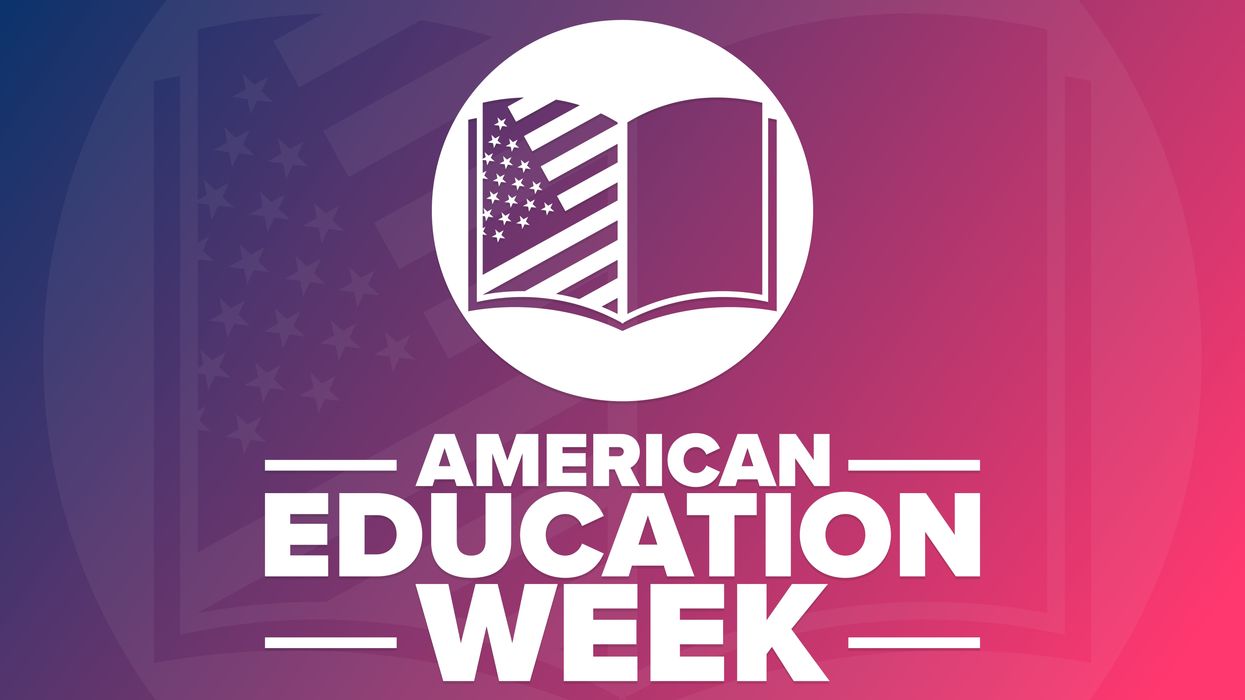Schools and communities across our nation are kicking off their celebrations of American Education Week today.
We all should take time to honor the millions of teachers, administrators and support professionals who devote themselves to our children’s education and well-being.
But American Education Week should also be an opportunity for honest conversation about the purpose of American education.
Are we resourcing our schools to deliver on their civic missions — or are we slowly removing the “American” from American education?
It is more than 20 years since the Carnegie Corp. of New York and the Center for Information and Research on Civic Learning and Engagement at Tufts University released their much-discussed report, The Civic Mission of Schools.
The authors rightly concluded “that individuals do not automatically become free and responsible citizens but must be educated for citizenship.”
That is just common sense. It is also common sense that American public schools, overseen by American municipalities and paid for by American tax dollars, should be teaching students more about … well, America.
What does it mean to be an American? What are the principles and core values uniting us? And what are our rights and responsibilities as citizens?
But too many students are not getting enough of this education, and it is becoming a serious frustration within American communities and among teachers who stand ready to do the work.
At the Bill of Rights Institute, we work with more than 77,000 civics and history teachers who reach about 7.7 million students per year. These teachers and students have been the victims of the decades-long deemphasis of civics in American schools.
According to research funded by the National Science Foundation, elementary school students may be receiving as little as 16 minutes a week of social studies education. Some states still do not have a civic education requirement, and those that do often wedge a small amount of civics into other social studies courses.
As one Michigan teacher told us, social studies classes like civics are “the first to lose time” in the overall school curriculum.
The results of de-emphasizing civic education are apparent and frightening.
Only 22 percent of eighth graders scored proficient or above in the last National Assessment of Educational Progress testing.
Young people today are less proud of being Americans than previous generations — and research by YouGov found only 57 percent of millennials believe the Declaration of Independence protects freedom and equality better than the Communist Manifesto.
These results seem almost inevitable when we deprioritize civics and remove much of the “American” from American education.
Teaching civics needs to be central to the mission of our schools. Our schools rightly place great emphasis on subjects like science, technology, engineering and math. But civics needs to be on at least equal footing.
Most students, after all, do not become engineers or software developers. But every single student will need to function as a citizen within their communities and our nation.
Every student needs to understand the responsibilities of citizenship, and our nation’s founding principles like freedom, equality and justice.
Every student needs to know their rights, and how to advocate for themselves and others.
And every student should understand how our government functions so they can fully participate in our democracy.
Anything less is a disservice that disenfranchises our young people.
This American Education Week, let’s make a commitment to put the “American” back in American education. Get involved in your local school district and advocate for civic education across all grades, K-12.
Our schools truly can become great centers for civic learning. In fact, they must be.
Bobb is president and CEO of the Bill of Rights Institute, a nonpartisan, nonprofit organization that advances civic and history education.




















Marco Rubio is the only adult left in the room